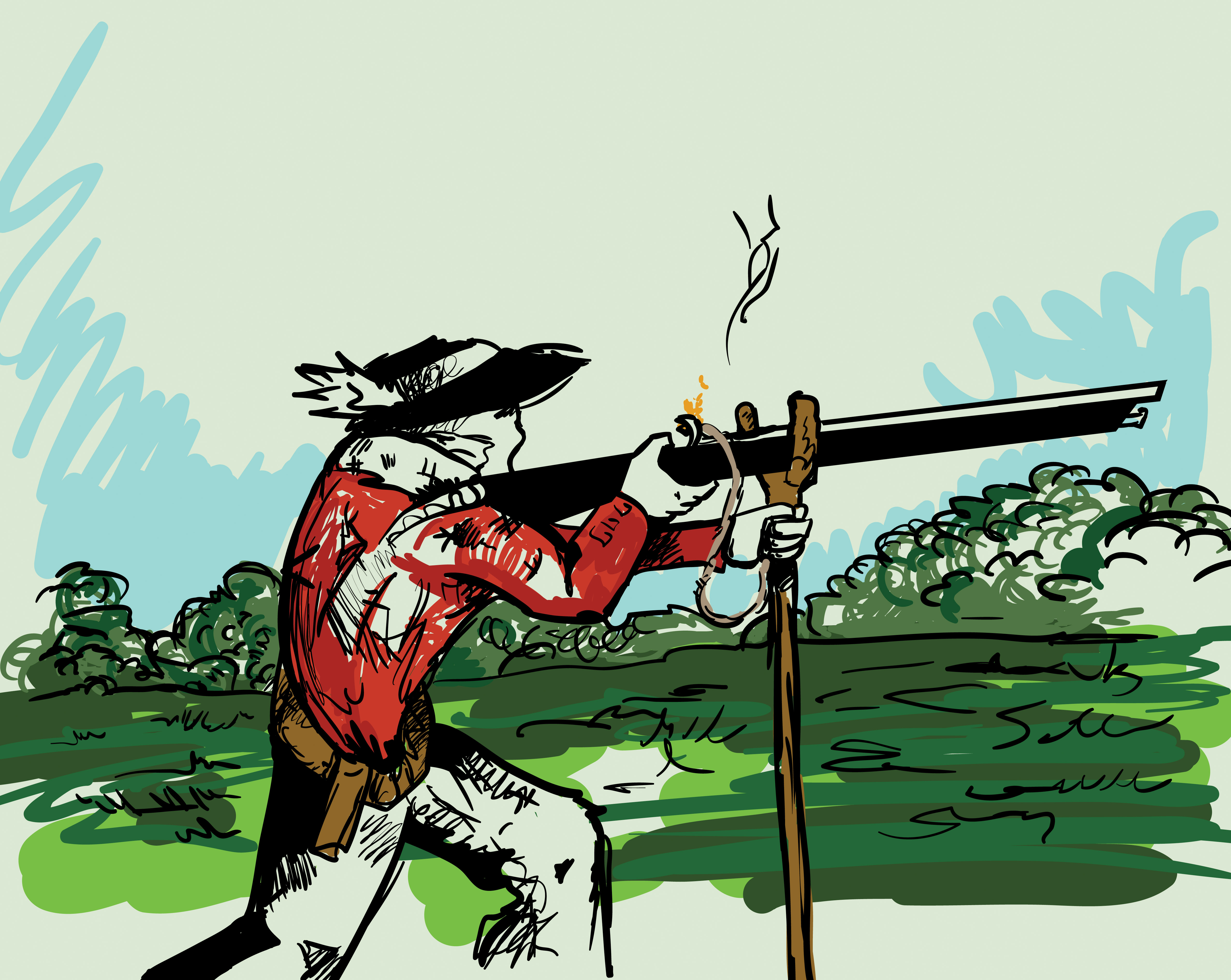Erik Thomson, associate professor in the University of Manitoba’s history department, presented a paper entitled “Arms Dealing, Finance and Diplomacy in the Thirty Years War” to a packed conference room in Tier Building last Wednesday.
The reading discussed attempted negotiations for peace during the war; more specifically, Thomson examined the pro-war impact of a merchant by the name of Jean Hoeufft.
At the time of the war, arms dealing was a highly lucrative business in Europe. Hoeufft, described by a contemporary as “‘a man capable of speaking and acting’ as well as ‘[having] money to distribute to people should there be need,’” was well-suited to the job.
His influence also extended well beyond arms trafficking. Hoeufft played a key part in diplomatic negotiations with numerous countries and their governments, despite having no official authority to do so.
As Thomson’s paper shows, Hoeufft’s presence upset the legitimate diplomats to the point where one of them wrote to the French secretary of state of the time, complaining that “[He was] at the point of desiring, rather than fearing, banishment from Court, from France, prison, and even death.”
“When I’m doing research, particularly in the archive, it’s like there are massive amounts of open channels, and each one you can follow and find a new thing,” Thomson told the Manitoban.
“Some of them kind of wither out, some of them you can say, ‘Okay, this guy, I can kind of figure out what he’s doing,’ but Hoeufft just keeps expanding. I keep finding new ties to him and that he’s involved in different things. But despite this, he’s really hard to find.”
According to Thomson’s research, Hoeufft made a fortune from his diplomatic and business ventures, ultimately becoming one of the richest men in Europe besides the various royal families. He remains not much more than a footnote in most historical accounts of the war, however.
“I guess historians tend to go towards vacuums where there are holes,” said Thomson.
“And looking at the sources I was looking at, here he was playing this key role in the Thirty Years War, and no one had written about him [ . . . ] When I first started looking you couldn’t find anything about him.”
Thomson compares Hoeufft to Viktor Bout, a Russian illicit arms dealer who became famous in the 1990s and early 2000s for his trafficking to African and Middle Eastern militants in countries undergoing civil war.
Like Hoeufft, Bout made a fortune providing the resources for waging war to military combatants that lacked the means to do so themselves. “Like Hoeufft, he definitely had his own agenda,” Thomson said. “I don’t think he was doing it out of the goodness of his own heart, or for the greater benefit of humanity.”
“The more I find out about [Hoeufft], the more interesting he becomes,” he added.
Thomson will soon be taking his paper to the American Historical Association to- present to a broader audience.

